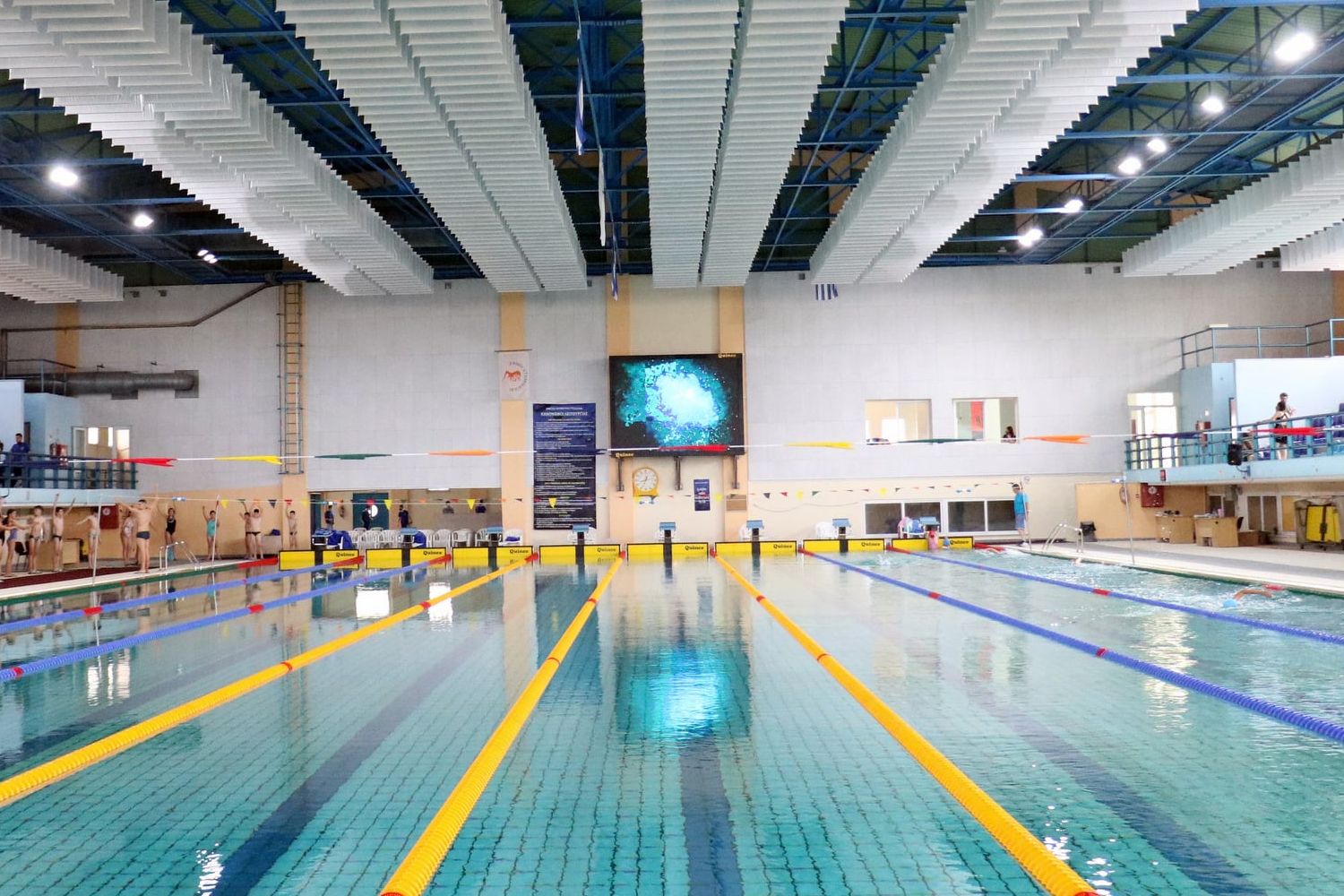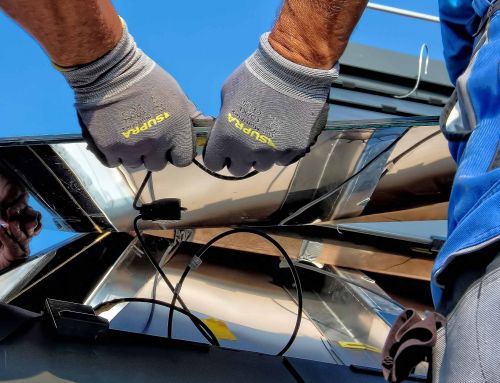Optimising across energy sectors
Conservatory, natatorium & households

Flexibility procurement
Enable the DHCP to procure flexibility from municipal buildings (conservatory and natatorium) and residential customers in terms of thermal heating and hot water, with the aim to mitigate electricity grid congestion and serve balancing needs
Switch between vectors
Enable the municipality to optimise the energy consumption of the city’s conservatory by installing heat pumps and switching between using district heating and heat pumps, based on price signals from the heat and electricity providers
Optimise operation
Enable the DHCP to determine the energy mix (hot water drawn off or electricity) for thermal energy provision and affect the heating demand of consumers to minimise the energy cost, through various actions such as price signals, direct load control and load shifting
Cost optimisation
Design and implement Resource Manager, Customer Energy Manager and Aggregation solutions that can perform a central cost optimisation, unlocking the flexibility potential and enabling the flexible operation of the district heating network




